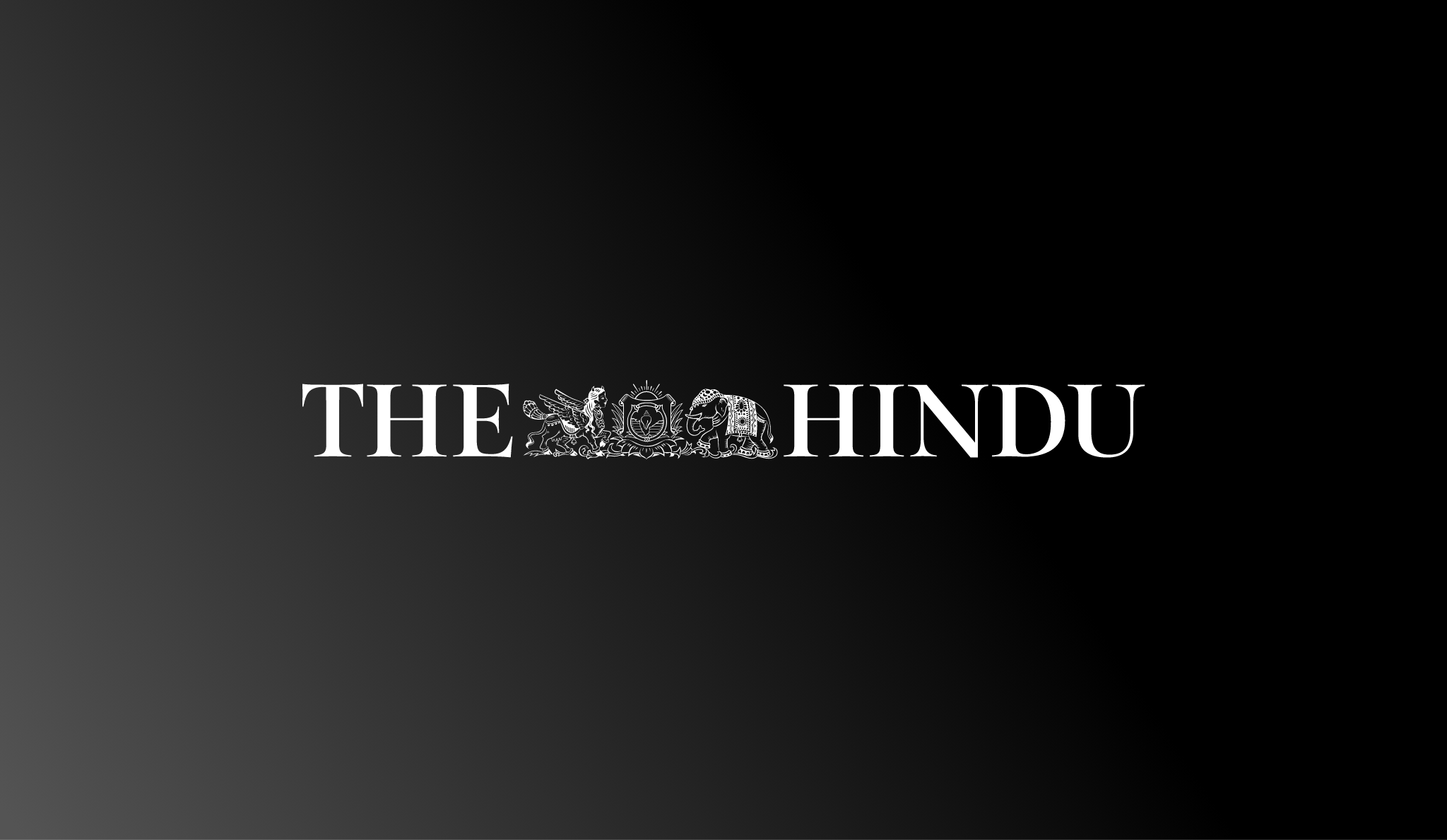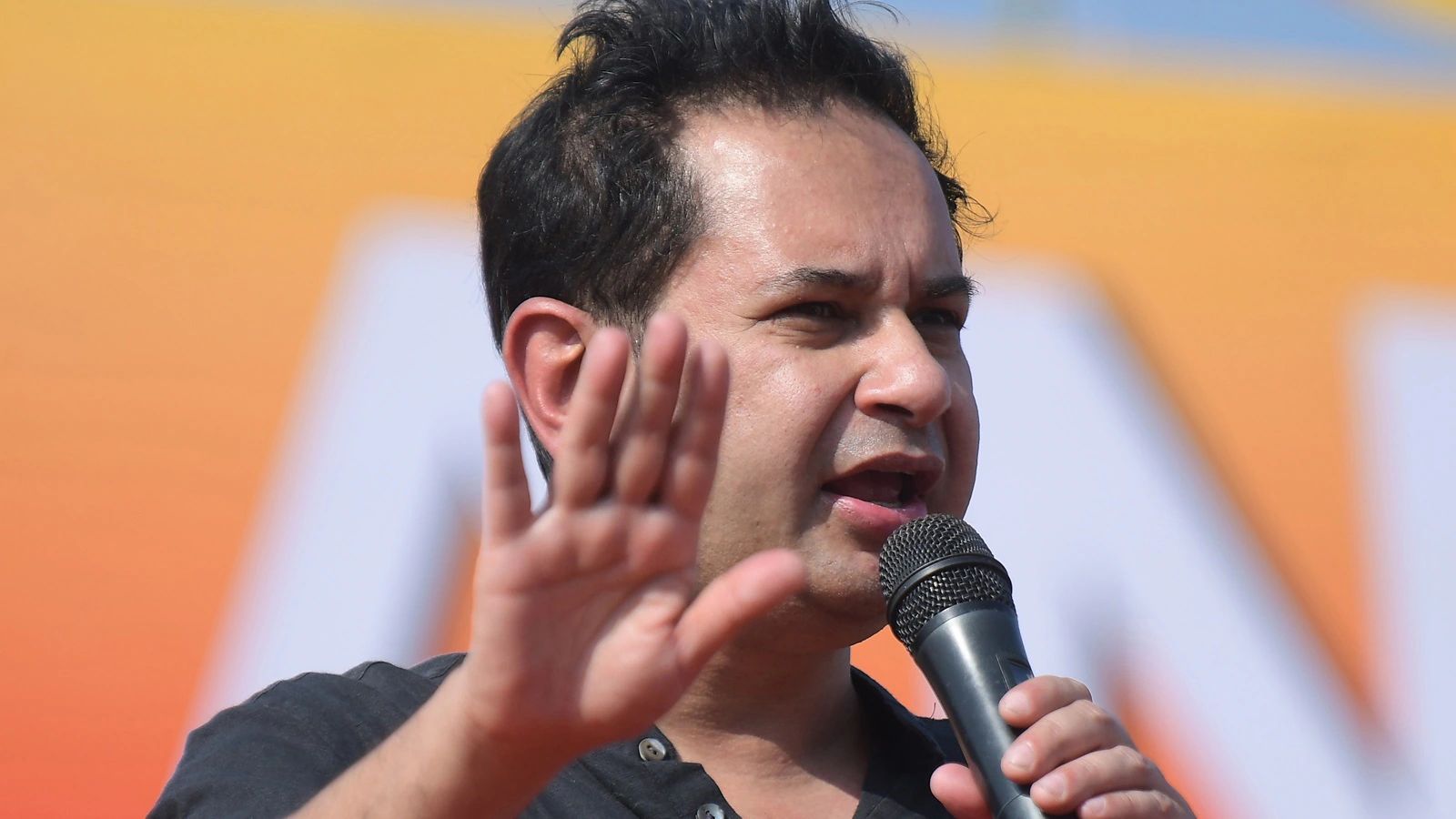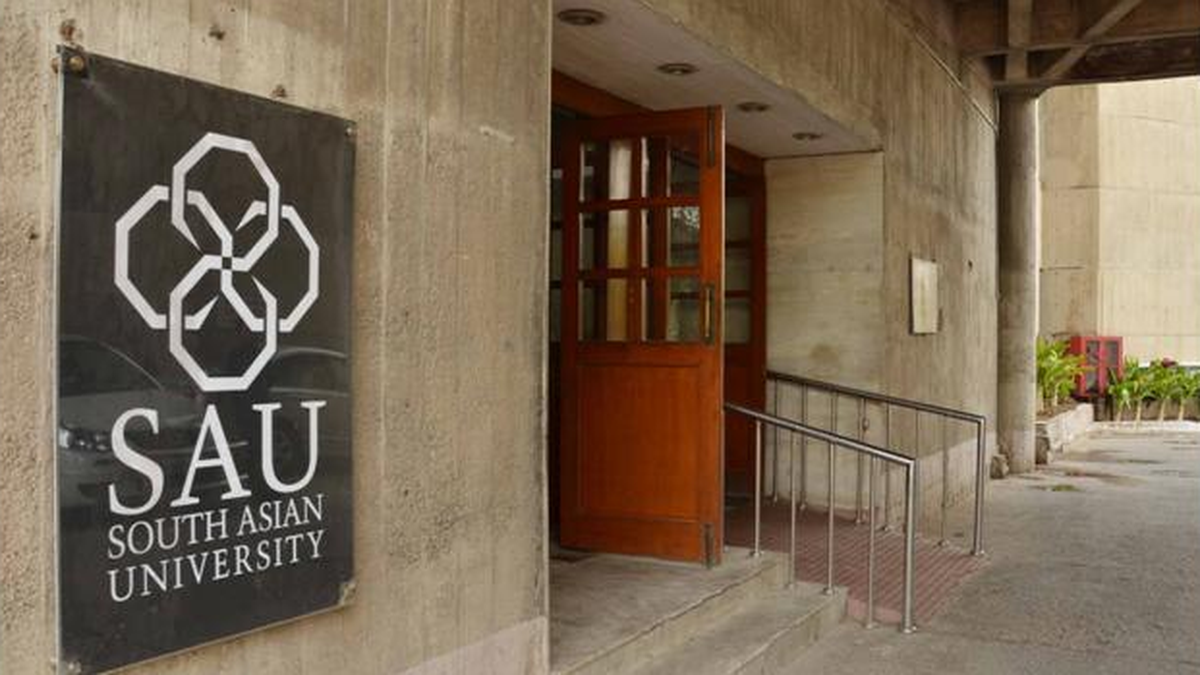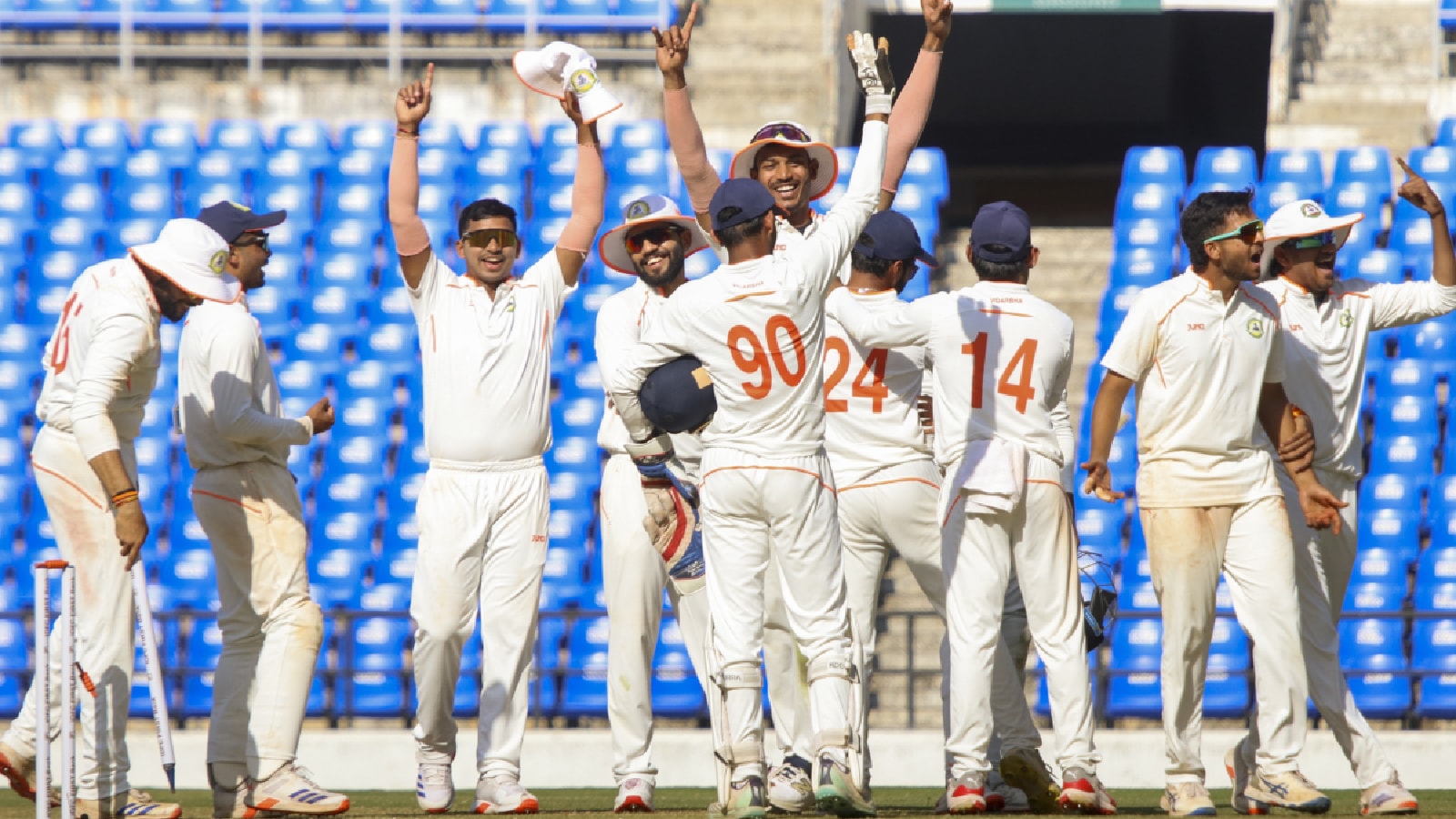The Jammu and Kashmir High Court on Monday refused to issue notice on a public interest litigation (PIL) petition against the forfeiting of 25 books in the union territory, but fixed December 4 as the date of final hearing.
Hearing the PIL plea of CPI(M) leader and Kulgam MLA M.Y. Tarigami, the Bench, comprising Chief Justice Arun Palli and Justices Rajnesh Oswal and Shahzad Azeem, said: “Most people would not understand the issue. How would you [Mr. Tarigami] know that all the people are concerned? So, no notices will be issued,” the Bench observed.
However, the Full Bench fixed December 4 as the date of final hearing.
Advocate Vrinda Grover said she was “grateful to the court”. “I think it has taken up the matter with the significance and urgency it deserves. The court has shown its intent to hear and decide the matter finally,” counsel said.
The Jammu and Kashmir High Court’s Full Bench was constituted on September 30 after the Supreme Court directed all the petitioners to approach it.
In August this year, the Jammu and Kashmir Home department, under Lieutenant Governor Manoj Sinha, invoked Section 98 of the Bharatiya Nagarik Suraksha Sanhita, 2023 to categorise 25 books as “forfeited for propagating false narrative and secessionism.”
These included books by prominent writers such as Christopher Snedden, A.G. Noorani, Radha Kumar, Sumantra Bose, Ayesha Jalal, Sugata Bose, Arundhati Roy, Stephen P Cohen, Anuradha Bhasin, Seema Qazi, David Devdas etc.
In his petition, Mr. Devdas told the court that the forfeited work was published in 2007 after almost a decade of painstaking research and was launched by a former Governor of Jammu and Kashmir as well as former R&AW officer, who “highly praised it”. “There is in fact no proximate link between the contents of the petitioner’s work with any incident or disturbance that has occurred since 2007, when the work was first published,” says Mr. Devdas’s petition.
The plea argued that “a vague, ambiguous and general statement about 25 books cannot in any way constitute ‘grounds of opinion’, especially in such a case which involves both serious penal consequences as well as curtailment of fundamental rights.”
.png)
 6 hours ago
9
6 hours ago
9








 English (US) ·
English (US) ·